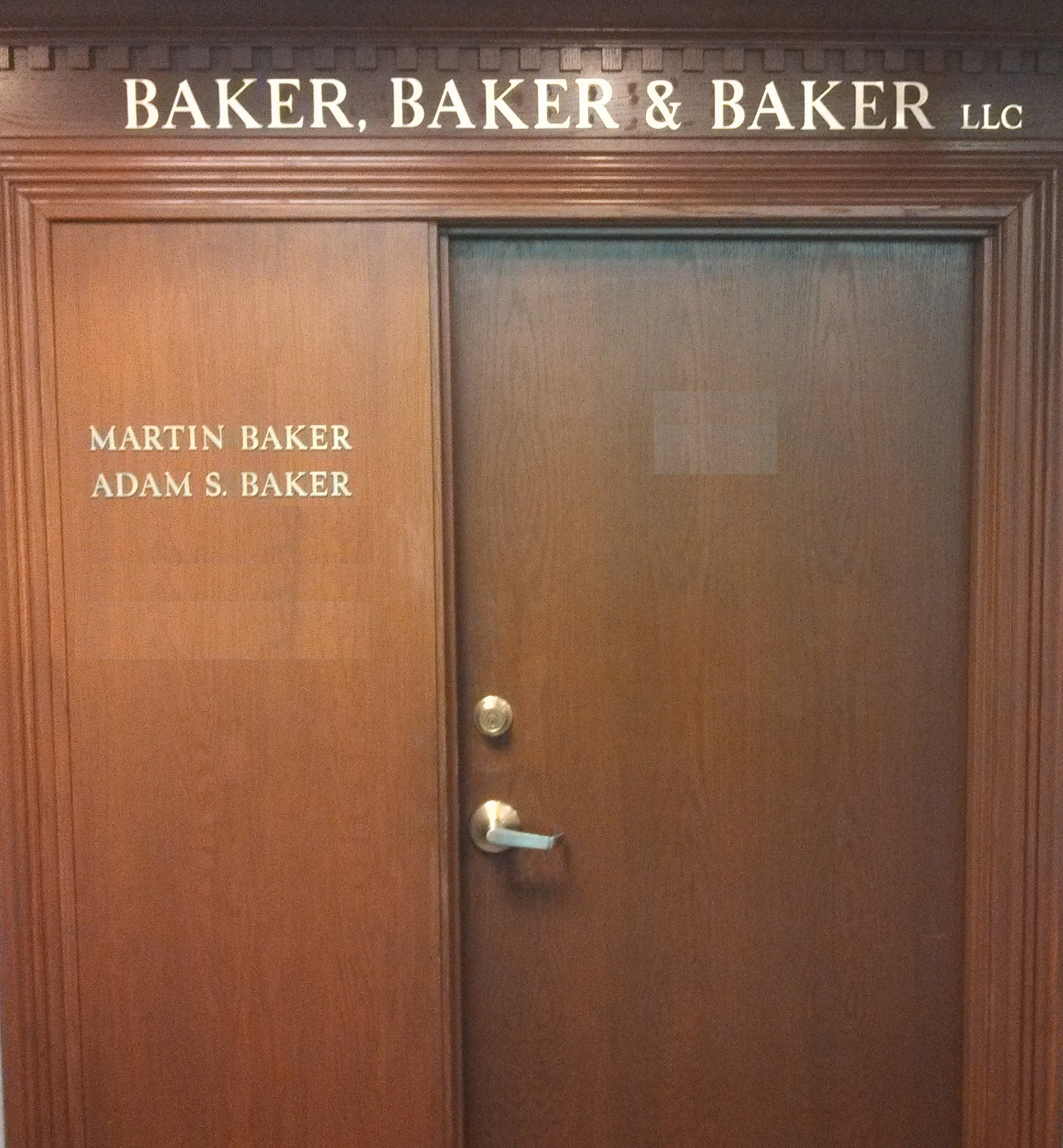
Questions
Frequently Asked Questions about Bankruptcy!
Please be advised that although the Bankruptcy Law Changed in October of 2005,
you can still file for Bankruptcy, however your decision to hire an experienced
Bankruptcy Attorney is more important than ever!
-
What is bankruptcy?
-
What can bankruptcy do for me?
-
What doesn't bankruptcy do?
-
How often can I file bankruptcy?
-
What different types of bankruptcy should I consider?
-
How do I start?
1. What is Bankruptcy?
Bankruptcy is a legal proceeding in which an individual who cannot pay his or her bills can get a fresh financial start. The right to file for bankruptcy is provided by federal law, and all bankruptcy cases are handled in federal court. Filing bankruptcy immediately stops all of your creditors from seeking to collect debts from you, at least until your debts are sorted out according to the law.
Back to Top2. What Can Bankruptcy Do for Me?
Bankruptcy may make it possible for you to:
- Eliminate the legal obligation to pay most or all of your debts. This is called a "discharge" of debts. It is designed to give you a fresh financial start.
- Stop foreclosure on your house or mobile home and allow you an opportunity to catch up on missed payments. (Bankruptcy does not, however, automatically eliminate mortgages and other liens on your property without payment.)
- Prevent repossession of a car or other property, or force the creditor to return property even after it has been repossessed.
- Stop wage garnishment, debt collection harassment, and similar creditor actions to collect a debt.
- Restore or prevent termination of utility service.
- Allow you to challenge the claims of creditors who have committed fraud or who are otherwise trying to collect more than you really owe.
3. What Doesn't Bankruptcy Do?
Bankruptcy cannot, however, cure every financial problem. Nor is it the right step for every individual. In bankruptcy, it is usually not possible to:
- Eliminate certain rights of "secured" creditors. A "secured" creditor has taken a mortgage or other lien on property as collateral for the loan. Common examples are car loans and home mortgages. You can force secured creditors to take payments over time in the bankruptcy process and bankruptcy can eliminate your obligation to pay any additional money if your property is taken. Nevertheless, you generally cannot keep the collateral unless you continue to pay the debt
- Discharge types of debts singled out by the bankruptcy law for special treatment, such as child support, alimony, certain other debts related to divorce, some student loans, court restitution orders, criminal fines, and some taxes.
- Protect cosigners on your debts. When a relative or friend has co-signed a loan, and the consumer discharges the loan in bankruptcy, the cosigner may still have to repay all or part of the loan.- Discharge debts that arise after bankruptcy has been filed.
4. How often can I file bankruptcy?
You can file for Chapter 7 bankruptcy again after eight years has passed from the date of your last filing. A Chapter 13 bankruptcy can be filed at any time with a steady source of income, subject to prior court order..
Back to Top5. What Different Types of Bankruptcy Should I Consider?
- There are four types of bankruptcy cases provided under the law:
- Chapter 7 is known as "straight" bankruptcy or "liquidation." It requires a debtor to give up property which exceeds certain limits called "exemptions", so the property can be sold to pay creditors.
- Chapter 11, known as "reorganization", is used by businesses and a few individual debtors whose debts are very large.
- Chapter 12 is reserved for family farmers.
- Chapter 13 is called "debt adjustment". It requires a debtor to file a plan to pay debts (or parts of debts) from current income.
Most people filing bankruptcy will want to file under either chapter 7 or chapter 13. Either type of case may be filed individually or by a married couple filing jointly.
Back to Top6. How Can I File For Bankruptcy?
- First you need to contact us either by calling 216-771-3966 or by using our Contact Form found Here. We will be happy to discuss your specific needs by setting up an appointment for you to come in and speak with us.
Free Initial Consultation.
Flexible Payment Plans.
Credit cards accepted, please click here for Credit Card Form
We are a debt relief agency. We help people file for bankruptcy under the Bankruptcy Code.